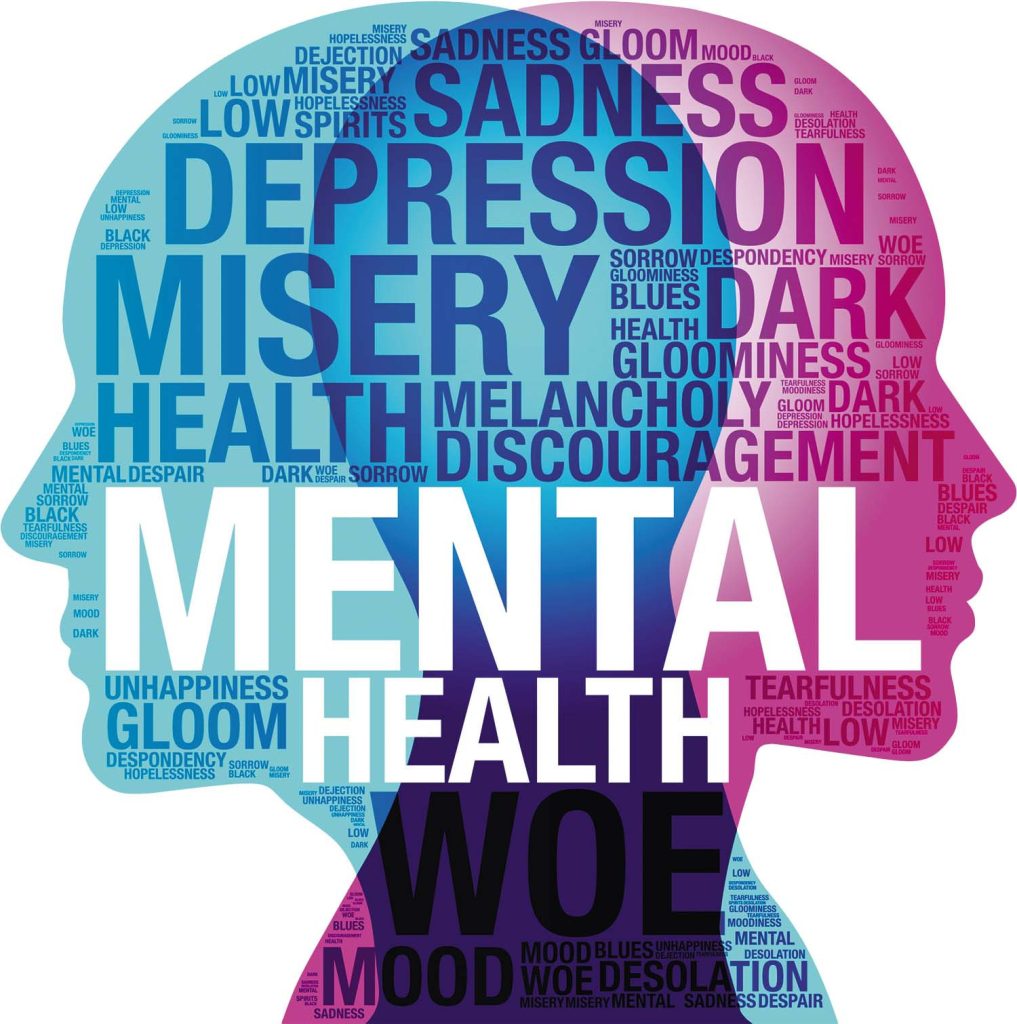Bullying and Mental Health

Bullying and Mental Health: Unmasking the Hidden Impact
Bullying is a pervasive issue that affects individuals of all ages, races, genders, and socioeconomic backgrounds. It can take many forms, including physical, verbal, social, and cyberbullying. Regardless of the type of bullying, the mental health consequences can be severe and long-lasting. As a seasoned mental health journalist, I have dedicated my career to exploring the impacts of bullying on mental health. In this article, I will provide an overview of the various forms of mental health issues that are affected by bullying, offer actionable insights for parents on how to recognize signs of bullying, and discuss what steps they can take to support their child.
Bullying and Mental Health
Research has consistently shown that bullying is strongly linked to a range of mental health issues, including:
– Anxiety: Bullying can lead to chronic anxiety, which can manifest in symptoms such as excessive worry, difficulty concentrating, and avoidance of social situations.
– Depression: Bullying can increase the risk of depression, which can lead to feelings of sadness, hopelessness, and worthlessness.
* Low self-esteem: Bullying can damage a child’s self-esteem, making them feel inadequate and unworthy of love and respect.
– Post-traumatic stress disorder (PTSD): In severe cases, bullying can lead to PTSD, which can cause flashbacks, nightmares, and difficulty sleeping.

Recognizing Signs of Bullying and Mental Health
It is important for parents to be aware of the signs of Bullying and Mental Health so that they can take action to support their child. Some common signs of bullying include:
– Physical injuries, such as bruises, cuts, or scratches
– Changes in behavior, such as becoming withdrawn or aggressive
– Difficulty sleeping or eating
– Loss of interest in activities that the child used to enjoy
– Avoiding social situations
What Parents Can Do
If you suspect that your child is being bullied, it is important to take action to support them. Here are some steps you can take:
– Talk to your child. Let your child know that you are there for them and that you are concerned about their well-being.
– Listen to your child’s concerns. Allow your child to tell you what is happening in their own words.
– Believe your child. It is important to believe your child’s account of events, even if you do not see the bullying firsthand.
– Contact the school or other authorities. If your child is being bullied at school, contact the school principal or teacher. If the bullying is happening online, contact the website or social media platform.
– Seek professional help. If your child is struggling with mental health issues as a result of bullying, seek professional help from a therapist or counselor.
Conclusion – Bullying and Mental Health
Bullying is a serious issue that can have a devastating impact on mental health. It is important for parents to be aware of the signs of bullying and to take action to support their child if they suspect that they are being bullied. By working together, we can create a world where all children are safe from bullying and can reach their full potential.

